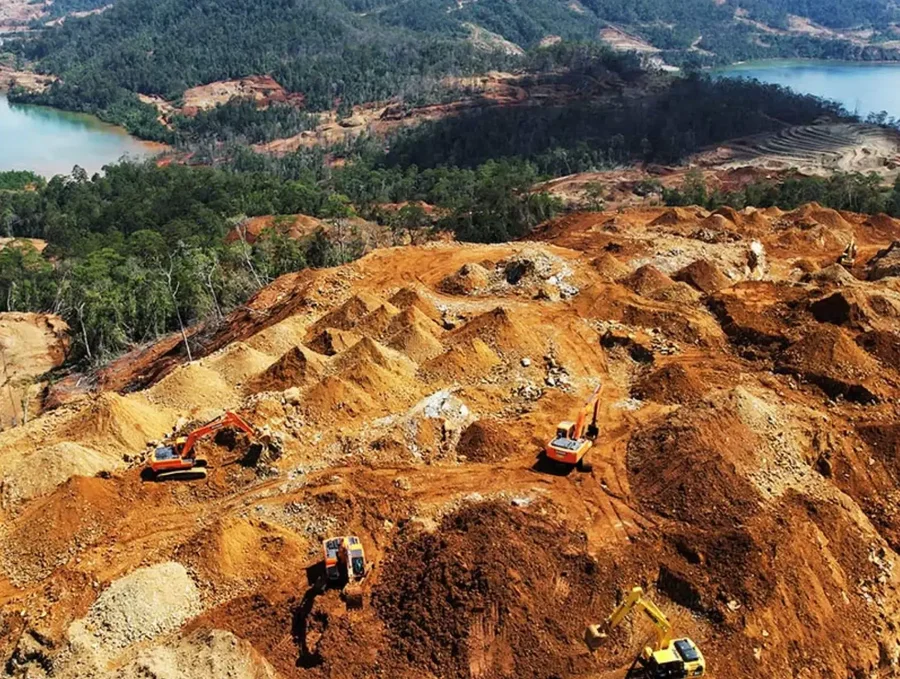UK government signs MoU with Indonesia, following US lead to secure critical mineral supplies from the world’s largest source of nickel ore.
Britain has signed a memorandum of understanding (MoU) to collaborate on critical minerals with Indonesia, a country known for its vast mineral resources.
The UK-Indonesia MoU will support policy dialogue and the sharing of technical knowledge and expertise. It will cover areas such as supply chain resilience, sustainable upstream and downstream processing, and mineral criticality.
The agreement follows a US approach to Indonesia two month ago, for it to join a multinational partnership aimed at developing sustainable critical minerals supply chains.
Critical minerals are raw materials essential for various industries, including technology and renewable energy, which are often in short supply or subject to supply disruptions.
Indonesia, the world’s largest source of nickel ore, also boasts rich deposits of tin, copper, and bauxite. The country is seeking to extract greater value from its mineral wealth by attracting investment into processing facilities and electric vehicle battery manufacturing.
Britain’s Development Minister Anneliese Dodds said: “This partnership puts both countries as key players in the critical minerals supply chain.” Dodds adds that the agreement is intended to create local jobs and protect the environment, including from damage created by mining, calling the partnership “incredibly important”.
US approaches Indonesia for Mineral Security Partnership
The UK deal follows a similar US approach two months ago, which saw it encouraging Indonesia to join the Mineral Security Partnership (MSP). The MSP is a collaboration of 14 countries and the European Union, aimed at accelerating the development of sustainable critical minerals supply chains.
US Under Secretary of State for Economic Growth, Energy, and the Environment Jose Fernandez said at the time: “I believe this will lead to more investment in Indonesia, and not just any investment, but also investment that benefits communities, that upholds labour laws, that upholds environmental laws.”
The MSP is designed to improve environmental standards and governance in Indonesia’s mineral sector, which has massively expanded its nickel processing industry since banning exports of unprocessed ore in 2020.
However, this expansion has not been without controversy, with environmentalists blaming the industry for deforestation, water and air pollution caused by smelters.
Indonesia seeks critical mineral trade deal with US
Jakarta has asked Washington for a critical mineral trade deal similar to the one the US has with Japan. The two countries have discussed ways to develop critical minerals and plans to create a mineral forum, which could be developed as a supply chain platform.
Fernandez reveals, “Indonesia is one of seven countries the US would support to become a semiconductor hub.” This statement underscores the strategic importance of Indonesia in the global critical minerals and technology supply chains.
As these partnerships develop, the global mining industry will be watching closely to see how they impact mineral supply chains and environmental standards. Indonesian Energy Minister Arifin Tasrif states, “We welcome these collaborations as opportunities to enhance our mining sector’s sustainability and competitiveness on the global stage.”



